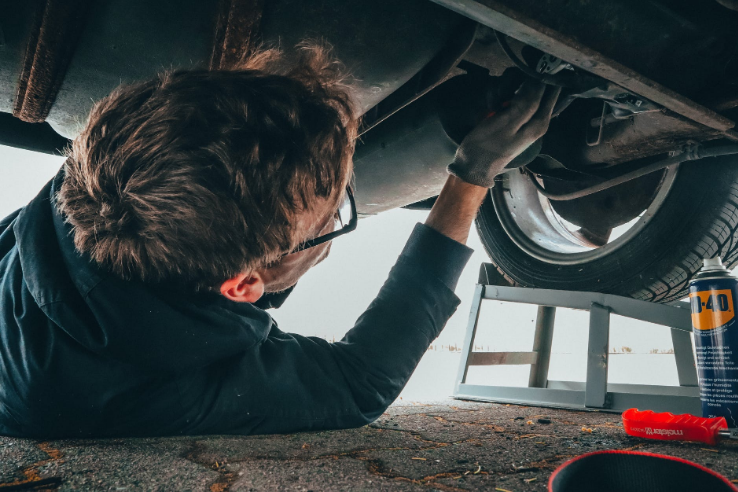Is your car making strange noises or experiencing a loss of power? Don’t panic. In our latest blog post, we’ll walk you through identifying and resolving common engine issues. From mysterious clunks to pesky leaks, we’ve got the answers you need to keep your vehicle running smoothly. Stay tuned for expert tips and tricks on diagnosing and fixing those frustrating problems under the hood.
Identifying Warning Signs

The first step in resolving engine problems is to be vigilant about warning signs. Unusual sounds, poor fuel efficiency, rough idling, and warning lights on the dashboard can indicate potential issues. Listen to your vehicle, pay attention to changes in performance, and address any warning signs promptly to prevent minor issues from escalating into major problems.
Checking the Engine Light
When the check engine light illuminates, it’s crucial not to ignore it. Modern vehicles have sophisticated onboard diagnostics (OBD) systems that pinpoint specific issues. Invest in an OBD-II scanner to read error codes and identify the root cause of the problem. These codes can guide your diagnosis and help you make informed decisions about necessary repairs.
Inspecting Fluid Levels
Engine performance is highly dependent on proper fluid levels. Regularly check engine oil, transmission fluid, coolant, brake fluid, and power steering fluid. Low levels of contaminated fluids can lead to engine problems. Top up or replace fluids as needed, adhering to manufacturer recommendations. Regular fluid maintenance is a simple yet effective way to ensure your engine’s longevity and efficiency.
Maintaining Air Filter
The air filter ensures clean air reaches the engine for combustion. A clogged or dirty air filter can hinder airflow, reducing engine performance. Inspect the air filter regularly and replace it if it appears dirty or clogged. This simple maintenance task can enhance fuel efficiency and contribute to smoother engine operation.
Addressing Spark Plug Issues
Spark plugs are essential for kindling the fuel-air mixture in the combustion chamber. Over time, spark plugs can wear out, leading to misfires, poor acceleration, and increased fuel consumption. Check spark plugs for signs of wear, such as fouling or carbon deposits. Replace them according to your vehicle’s maintenance schedule to maintain optimal engine performance.
Examining the Exhaust System

A malfunctioning exhaust system can lead to decreased engine efficiency and increased emissions. Listen for unusual noises, such as rattling or hissing, and inspect the exhaust system for visible damage or rust. Leaks or blockages in the exhaust can impact engine performance and may trigger warning lights. Addressing exhaust system issues promptly is crucial for both engine health and environmental considerations. Affordable Vancouver towing services can provide more information and assistance with exhaust system troubleshooting and repairs.
Investigating Fuel System Problems
The fuel system plays a pivotal role in delivering the right amount of fuel to the engine for combustion. Clogged fuel injectors, a malfunctioning fuel pump, or a dirty fuel filter can lead to engine issues. Perform regular fuel system cleanings and replace the fuel filter according to the manufacturer’s recommendations. Keeping the fuel system in optimal condition ensures proper combustion and engine efficiency.
Effectively diagnosing and fixing common engine problems requires a combination of attentiveness, knowledge, and proactive maintenance. By identifying warning signs, utilizing check engine light diagnostics, inspecting fluid levels, examining the air filter, addressing spark plug issues, examining the exhaust system, and investigating fuel system problems, drivers can navigate the challenges of engine troubles confidently.





